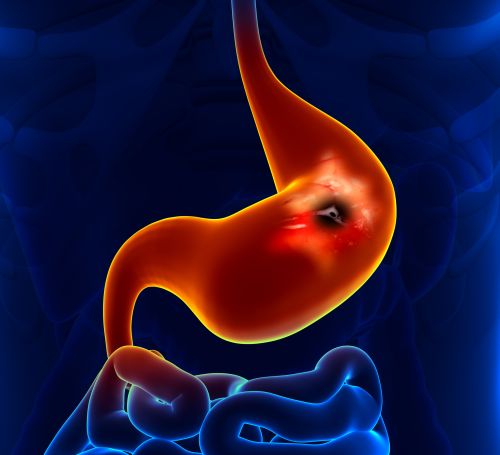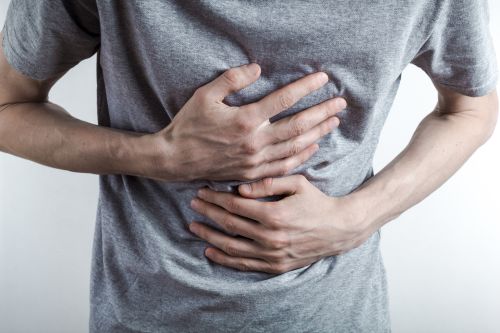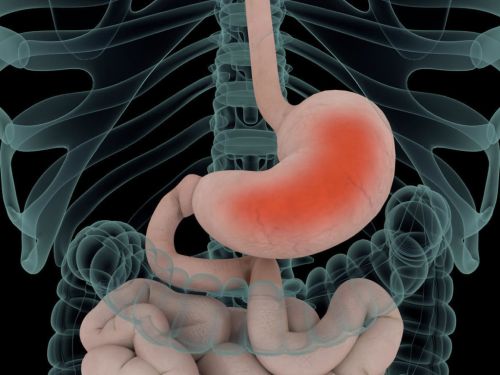Surgical procedure performed to prevent stomach acid from flowing back into the esophagus. Reflux surgery is usually preferred when other treatment methods fail. It is performed using the laparoscopic method. It involves strengthening or repairing the muscle between the stomach and esophagus. This reduces reflux symptoms, protects the esophagus from damage, and improves the patient's quality of life. The recovery period after the surgery is usually short.
When is Reflux Surgery Performed?
 It is considered when medications used to relieve reflux symptoms are insufficient and symptoms persist. If constant heartburn, chest pain, or regurgitation negatively affect daily life, surgery may be necessary. Long-term reflux disease can lead to conditions like Barrett's esophagus, which can be a precursor to cancer. In such cases, doctors may recommend reflux surgery. It is considered when inflammation of the esophagus caused by continuous backflow of stomach acid reaches severe levels. If reflux is accompanied by a hiatal hernia and this hernia exacerbates symptoms, surgery can resolve the issue. Young patients may seek a more permanent solution with surgery instead of relying on reflux medications for life. Reflux can cause stomach acid to reach the respiratory tract, leading to chronic cough and asthma-like symptoms. In such cases, surgery can be a solution. Complications of reflux include esophageal stricture, ulcers, and bleeding. Surgery may be necessary when these complications develop. These are general conditions under which surgery may be applied. However, the decision for reflux surgery should be made by the doctor based on the individual's specific health condition.
It is considered when medications used to relieve reflux symptoms are insufficient and symptoms persist. If constant heartburn, chest pain, or regurgitation negatively affect daily life, surgery may be necessary. Long-term reflux disease can lead to conditions like Barrett's esophagus, which can be a precursor to cancer. In such cases, doctors may recommend reflux surgery. It is considered when inflammation of the esophagus caused by continuous backflow of stomach acid reaches severe levels. If reflux is accompanied by a hiatal hernia and this hernia exacerbates symptoms, surgery can resolve the issue. Young patients may seek a more permanent solution with surgery instead of relying on reflux medications for life. Reflux can cause stomach acid to reach the respiratory tract, leading to chronic cough and asthma-like symptoms. In such cases, surgery can be a solution. Complications of reflux include esophageal stricture, ulcers, and bleeding. Surgery may be necessary when these complications develop. These are general conditions under which surgery may be applied. However, the decision for reflux surgery should be made by the doctor based on the individual's specific health condition.
How is Reflux Surgery Performed?
 The patient is placed under general anesthesia before the operation. Since the laparoscopic method is used, several small incisions are made in the abdomen. Special surgical instruments and a camera are inserted through these incisions. The fundus region at the top of the stomach is wrapped around the esophagus. This procedure strengthens the valve mechanism between the stomach and esophagus, preventing stomach acid from flowing back. At the end of the reflux surgery, the small incisions are closed and the patient is usually discharged within a few days. The laparoscopic method provides less pain and a faster recovery process compared to open surgery. After the surgery, the patient consumes soft foods for a few weeks. By following the diet and lifestyle changes recommended by the doctor, the recovery process can be accelerated. The success rate of the surgery is quite high. However, as with any surgical procedure, there are risks and complications.
The patient is placed under general anesthesia before the operation. Since the laparoscopic method is used, several small incisions are made in the abdomen. Special surgical instruments and a camera are inserted through these incisions. The fundus region at the top of the stomach is wrapped around the esophagus. This procedure strengthens the valve mechanism between the stomach and esophagus, preventing stomach acid from flowing back. At the end of the reflux surgery, the small incisions are closed and the patient is usually discharged within a few days. The laparoscopic method provides less pain and a faster recovery process compared to open surgery. After the surgery, the patient consumes soft foods for a few weeks. By following the diet and lifestyle changes recommended by the doctor, the recovery process can be accelerated. The success rate of the surgery is quite high. However, as with any surgical procedure, there are risks and complications.
Post-Reflux Surgery Care
 A liquid diet is recommended for the first few days. Gradually, soft foods are introduced, and normal eating habits can be resumed after 6-8 weeks. Acidic, spicy, and fatty foods should be avoided as they can irritate the stomach and strain the surgical area. Food should be chewed thoroughly and eaten slowly. Eating quickly can cause excess air to enter the stomach, leading to discomfort. To prevent the stomach from becoming too full, it is recommended to eat small portions and have frequent meals. During the first weeks after surgery, elevating the head of the bed slightly can prevent stomach contents from flowing back into the esophagus and aid the recovery process. Heavy lifting and strenuous exercise should be avoided in the first few weeks after surgery to prevent damage to the stitches in the surgical area. Alcohol and smoking should be avoided as they can increase stomach acid and hinder recovery. Medications prescribed by the doctor should be taken regularly. If antibiotics, painkillers, or stomach protectors are prescribed, they should not be skipped. Regular doctor check-ups should not be neglected, as they increase the chance of early intervention in case of complications. Staying hydrated positively affects the recovery process. Drinking plenty of water soothes the stomach and supports overall health. By following these recommendations, a healthy recovery period can be achieved after reflux surgery.
A liquid diet is recommended for the first few days. Gradually, soft foods are introduced, and normal eating habits can be resumed after 6-8 weeks. Acidic, spicy, and fatty foods should be avoided as they can irritate the stomach and strain the surgical area. Food should be chewed thoroughly and eaten slowly. Eating quickly can cause excess air to enter the stomach, leading to discomfort. To prevent the stomach from becoming too full, it is recommended to eat small portions and have frequent meals. During the first weeks after surgery, elevating the head of the bed slightly can prevent stomach contents from flowing back into the esophagus and aid the recovery process. Heavy lifting and strenuous exercise should be avoided in the first few weeks after surgery to prevent damage to the stitches in the surgical area. Alcohol and smoking should be avoided as they can increase stomach acid and hinder recovery. Medications prescribed by the doctor should be taken regularly. If antibiotics, painkillers, or stomach protectors are prescribed, they should not be skipped. Regular doctor check-ups should not be neglected, as they increase the chance of early intervention in case of complications. Staying hydrated positively affects the recovery process. Drinking plenty of water soothes the stomach and supports overall health. By following these recommendations, a healthy recovery period can be achieved after reflux surgery.


